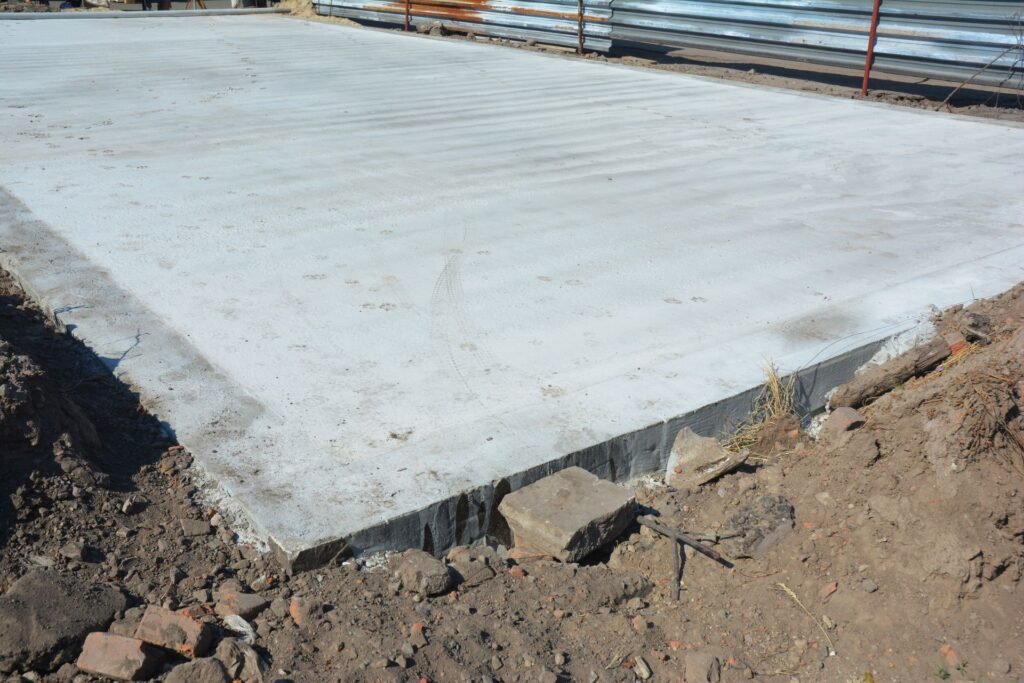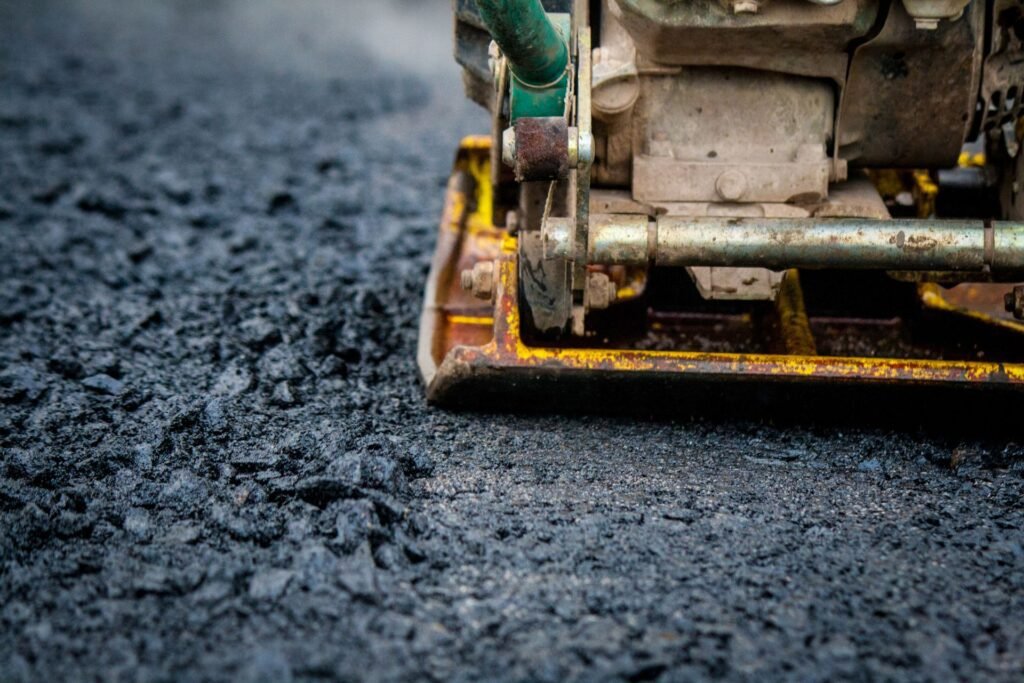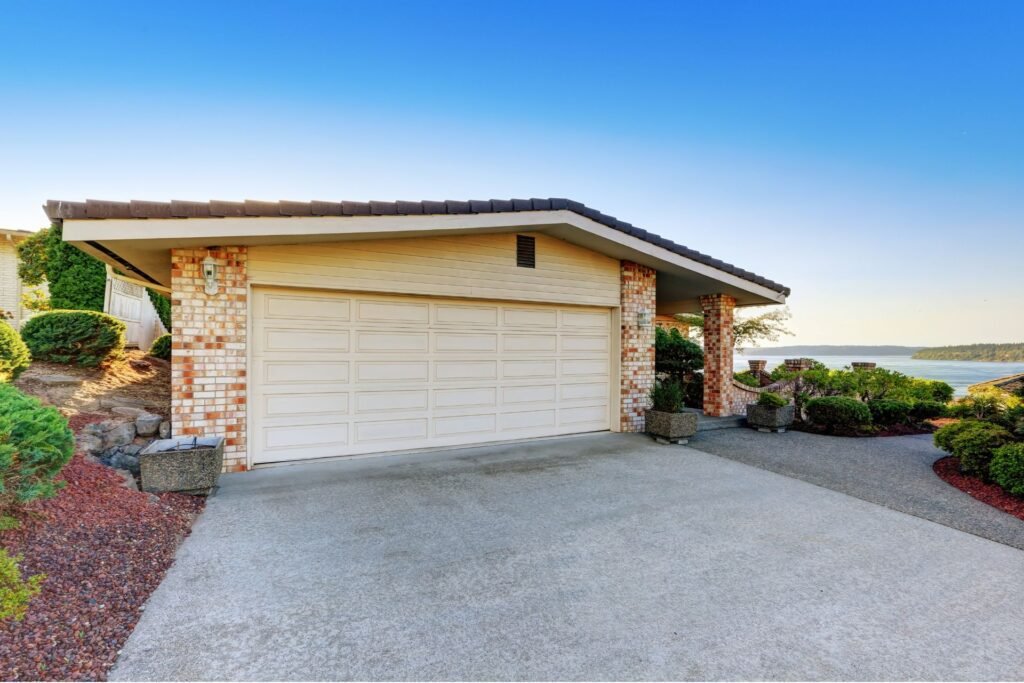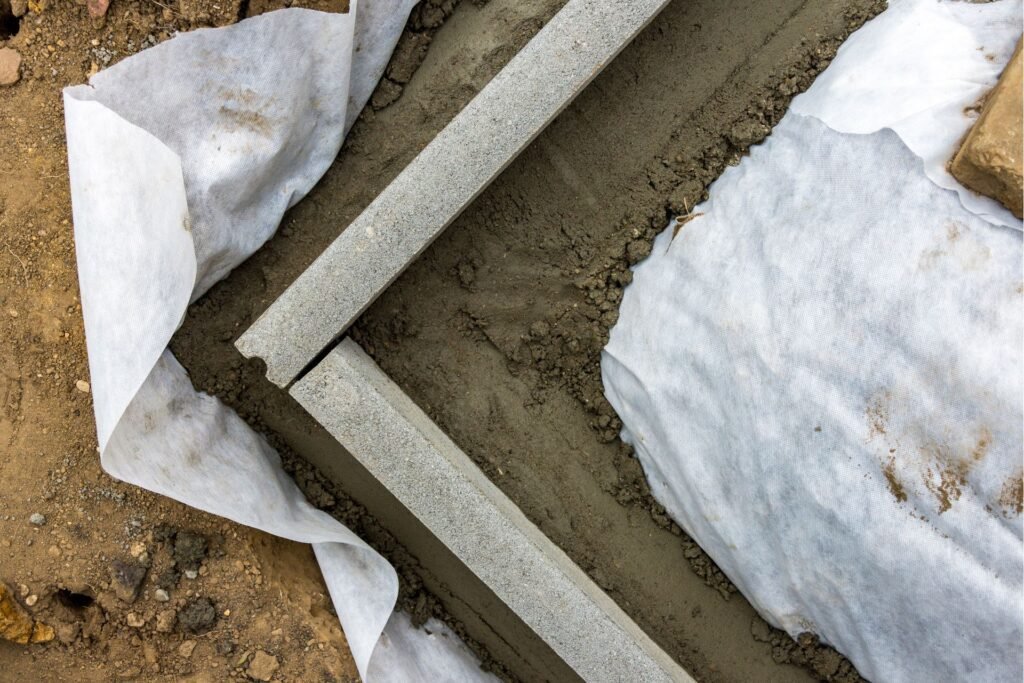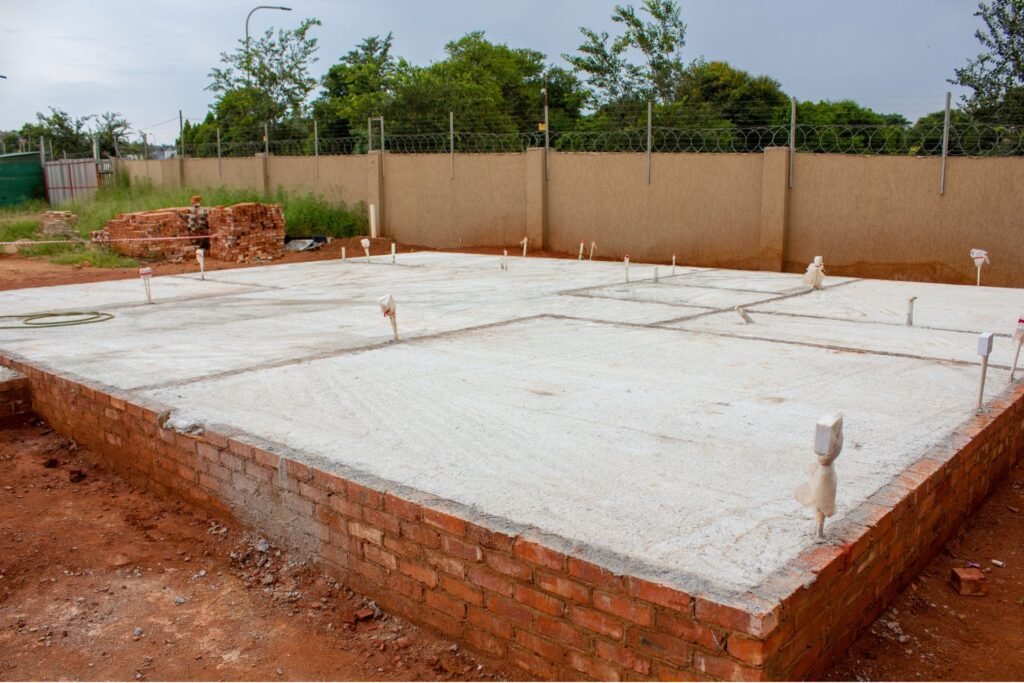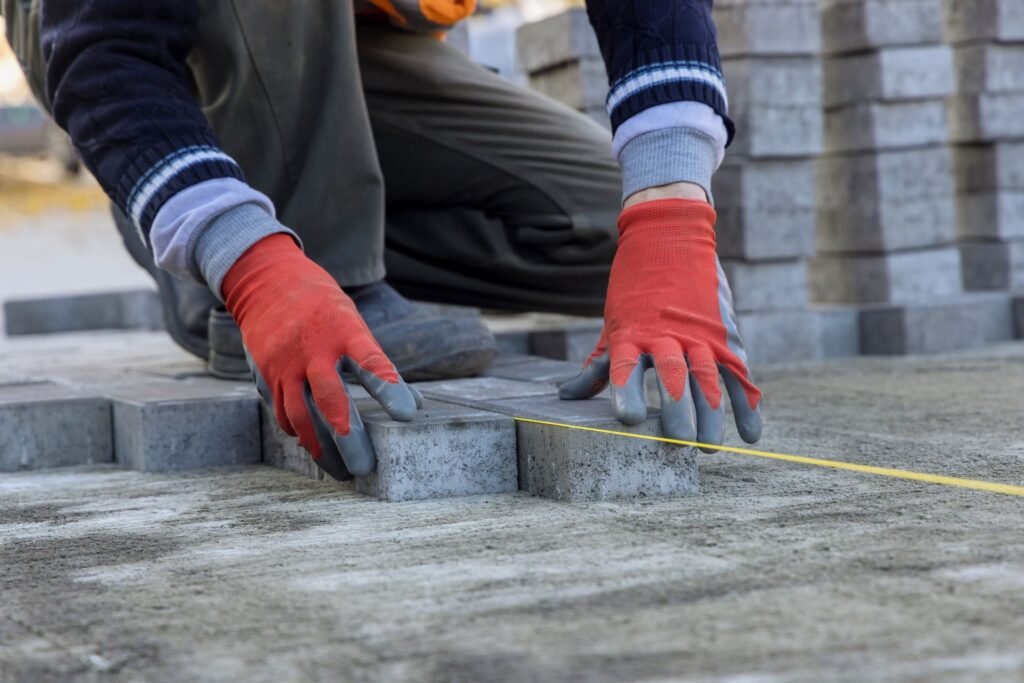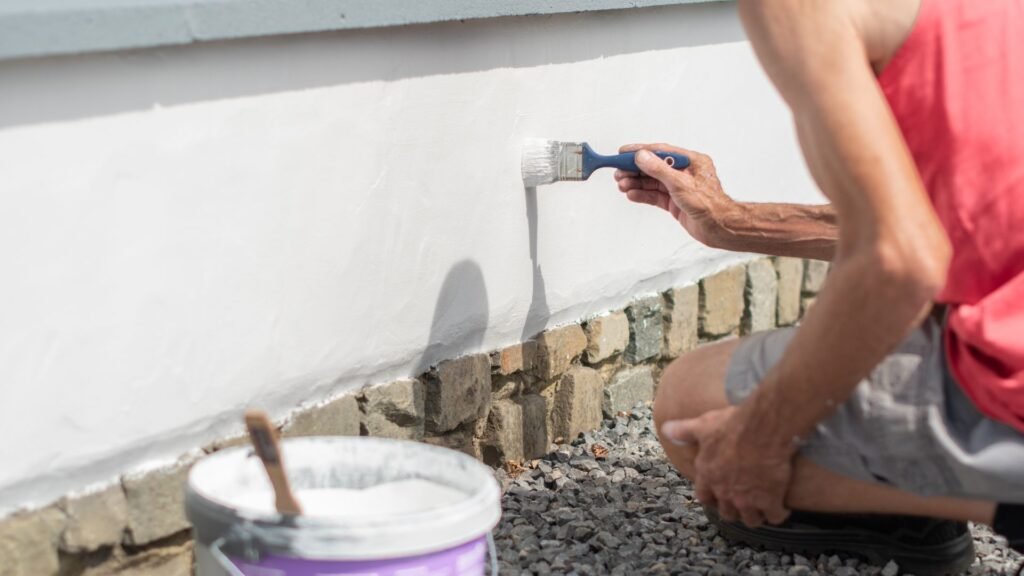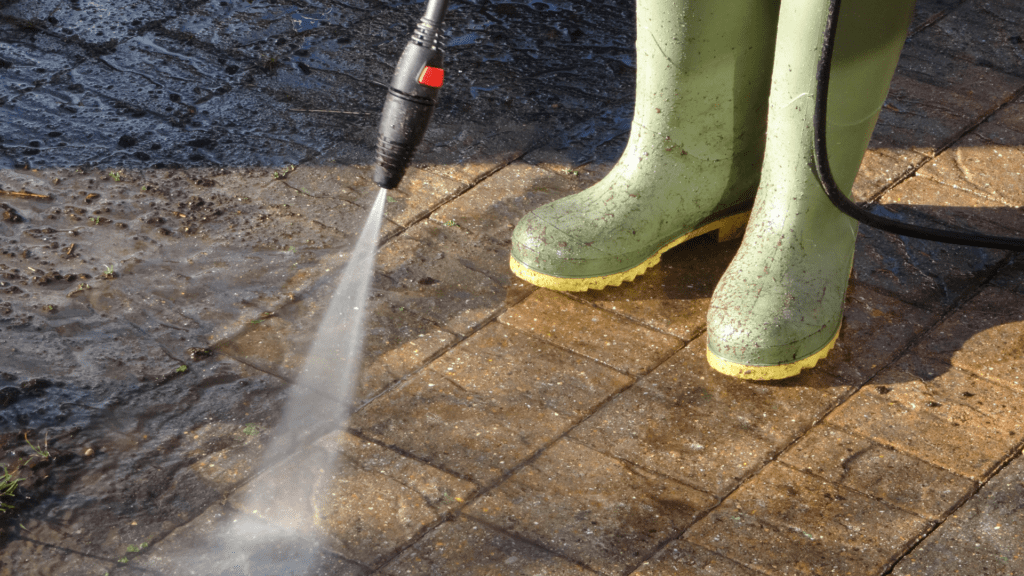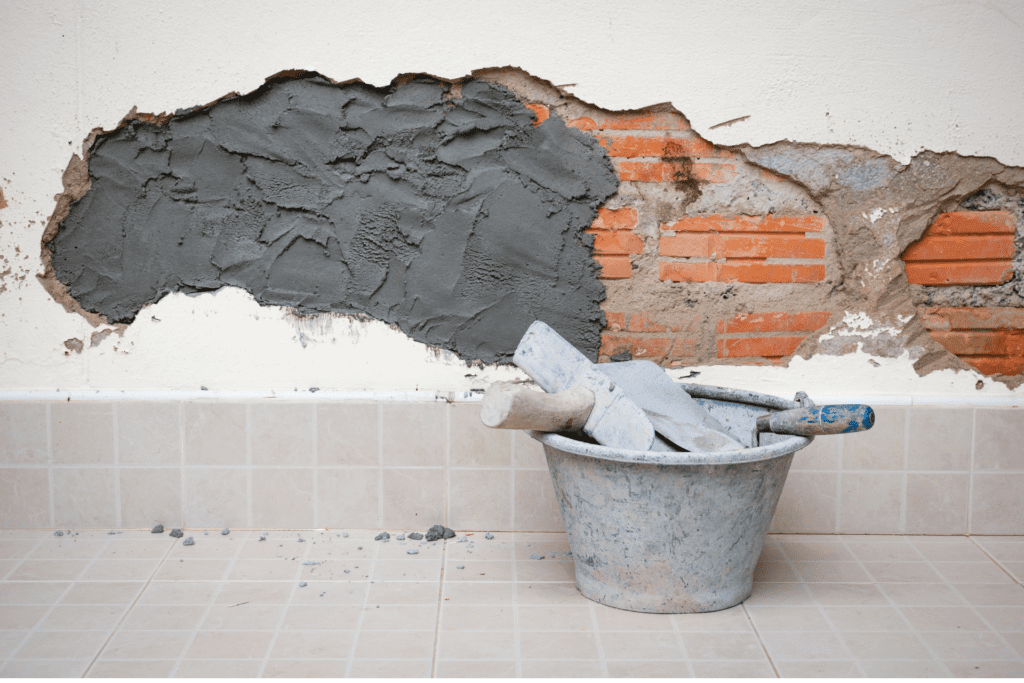Welcome to our comprehensive guide on understanding the cost of concrete slab foundations in New Zealand. Whether you’re planning to build a new home, add an extension, or simply want to gain a clearer picture of what goes into laying a solid foundation, it’s essential to have a firm grasp of the expenses involved. The foundation is the backbone of any structure, and getting it right is crucial, but navigating the costs can feel overwhelming. In this article, we’ll break down the key factors that influence the price, provide insights into average costs across NZ, and offer practical tips for budgeting effectively, all while keeping things straightforward and easy to understand. Let’s dive in and demystify the costs behind creating a strong, durable base for your next project.
On average, the cost of a concrete slab foundation in New Zealand ranges from $100 to $150 per square meter, depending on factors like slab thickness, site preparation, and location. For a typical home, this translates to a total cost of approximately $15,000 to $30,000, with variations based on the type of concrete, local labor rates, and any additional reinforcement or insulation needed.
Table of Contents
What Is A Concrete Slab Foundation?
Definition
A concrete slab foundation is a flat, horizontal surface made from poured concrete, typically several inches thick, that sits directly on the ground. It serves as a building’s base, providing structural support and creating a level surface for the construction of walls and floors. In simple terms, think of it as a large, sturdy plate that holds up the weight of a building, ensuring it stays stable and even over time.
Common Uses
Concrete slab foundations are incredibly popular in New Zealand, particularly for residential homes, garages, and extensions. This type of foundation is well-suited to the region’s soil and climate conditions. In residential construction, concrete slabs are favored for their simplicity and durability. Garages often use slab foundations due to their ability to handle heavy loads, while extensions benefit from the slab’s ease of integration with existing structures.
The prevalence of concrete slab foundations in NZ is largely due to their ability to perform well in various conditions, from flat, even terrains to areas where the soil provides adequate support. They’re especially common in urban and suburban settings where speed and cost-efficiency are key.
Benefits
Concrete slab foundations offer several advantages that make them a go-to choice for many builders and homeowners. They are cost-effective, quick to install, and provide a durable, low-maintenance base for a wide variety of building types. Additionally, concrete slabs offer excellent resistance to pests and moisture, reducing the likelihood of issues like termite infestations or water damage. These benefits contribute to their widespread use and reliability in NZ’s construction industry.
This initial overview sets the stage for a more in-depth discussion of concrete slab foundations, where we will explore these advantages in greater detail, along with other critical factors that make this foundation type a smart choice for many projects.

Factors Influencing Concrete Slab Foundation Costs In NZ
When calculating the cost of a concrete slab foundation in New Zealand, several key factors must be considered. Each of these variables can significantly impact the overall budget, making it essential to understand what drives these costs. Below, we break down the most critical elements influencing the price of a concrete slab foundation in New Zealand.
1. Size and Thickness of the Slab
One of the most straightforward factors that affect the cost of a concrete slab foundation is its size and thickness. The larger the slab, measured in square meters, the more concrete is required, directly increasing material costs. Similarly, the thickness of the slab, typically measured in millimeters, will also influence the price. A thicker slab requires more concrete, additional reinforcement, and potentially more labor, all of which contribute to higher costs. For instance, residential slabs might range from 100mm to 150mm in thickness, with thicker slabs being necessary for heavy structures or challenging ground conditions.
2. Type of Concrete Used
The type and grade of concrete used for the slab play a crucial role in determining the overall cost. Different concrete grades offer varying strengths and durability levels, suited for specific applications. Higher-grade concrete, which provides greater strength and longevity, comes at a higher price. For instance, standard concrete grades like 20 MPa are common for general residential use, while higher grades such as 25 or 30 MPa might be required for commercial projects or areas prone to harsh weather conditions. Additionally, specialized concrete mixes with additives for faster curing, better resistance to moisture, or enhanced thermal properties will further increase the cost.
3. Site Preparation
Proper site preparation is vital for a stable and long-lasting concrete slab foundation. Factors such as excavation, leveling, and the type of soil present on the site can significantly affect costs. For instance, sites with soft or clay-based soils may require additional work, such as deeper excavation or the addition of a layer of gravel to provide a stable base. Sloped sites or areas with difficult terrain can also add to the complexity and cost of preparation, as more extensive excavation or retaining walls may be necessary to create a level building platform. The more challenging the site conditions, the higher the preparation costs.
4. Location in New Zealand
The geographical location of your project in New Zealand also influences the cost of a concrete slab foundation. Urban areas typically have higher material and labor costs due to increased demand and higher living costs. Conversely, rural areas might have lower labor costs, but the expense of transporting materials over long distances can offset these savings. Additionally, remote locations may lack local suppliers, leading to further increases in transportation costs. Regional climate conditions may also dictate the type of concrete used and the need for additional insulation or reinforcement, further impacting the price.
5. Reinforcement and Insulation
Reinforcement is often necessary to ensure the structural integrity of a concrete slab, especially for larger buildings or those in earthquake-prone areas. Steel reinforcing bars (rebar) are commonly used, adding both strength and flexibility to the slab, but also increasing the overall cost. In colder regions of New Zealand, insulation beneath the slab may be required to prevent heat loss and reduce energy costs. Insulated concrete slabs are more expensive due to the additional materials and labor required, but they can offer significant long-term savings in energy efficiency.
6. Labor Costs
Labor costs are another significant component of the overall price and can vary widely depending on the region and the contractor’s experience. In metropolitan areas, labor costs tend to be higher due to the increased cost of living. Additionally, highly skilled contractors with extensive experience may charge more for their services, but this can often result in better workmanship and potentially lower long-term maintenance costs. It’s essential to balance the cost of labor with the quality of work to ensure the best outcome for your project.
7. Permits and Regulations
Finally, the cost of a concrete slab foundation can be influenced by the need for permits and compliance with local building regulations. Each region in New Zealand has its own set of building codes and permit requirements, which must be adhered to during construction. Obtaining these permits usually involves fees and may require inspections at various stages of the project. Non-compliance with local regulations can lead to fines, delays, or even the need to redo work, all of which add to the overall cost. Working with a knowledgeable contractor who understands local regulations can help navigate these requirements efficiently.
When planning for a concrete slab foundation in New Zealand, it’s crucial to consider all these factors to get a comprehensive understanding of potential costs. By factoring in the slab size and thickness, type of concrete, site preparation, location, reinforcement needs, labor, and necessary permits, you can better estimate your budget and avoid unexpected expenses. Each of these elements plays a role in the final price, so careful planning and consultation with experienced professionals are essential to achieving the best results for your construction project.
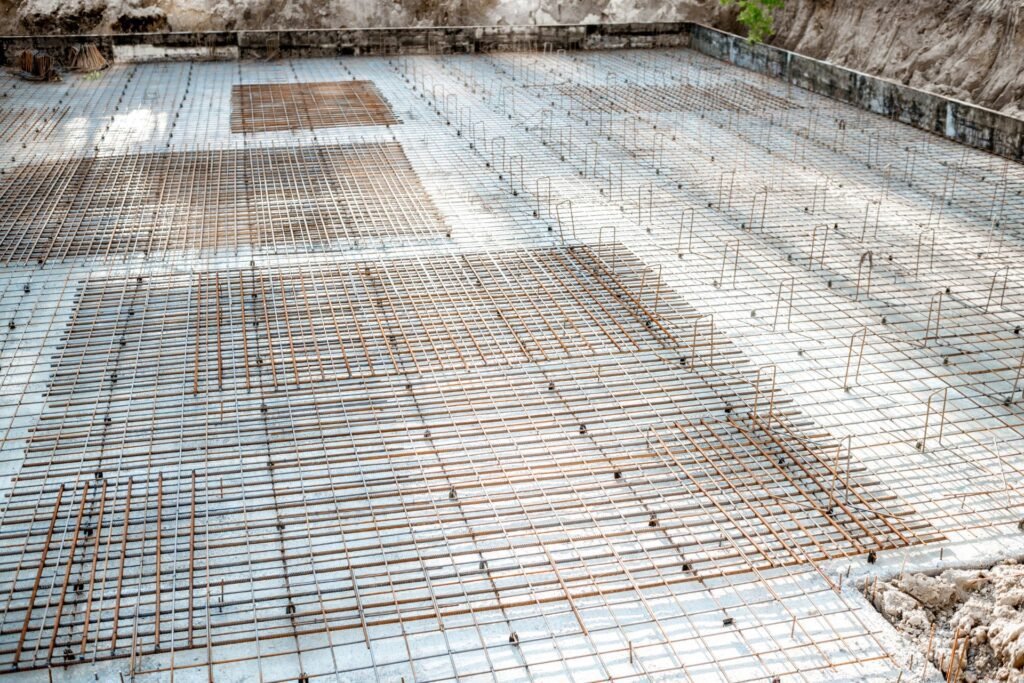
Average Cost Of Concrete Slab Foundations In New Zealand
When planning a construction project in New Zealand, one of the most crucial aspects to consider is the cost of laying a concrete slab foundation. The price of a concrete slab can vary significantly based on factors such as the type of slab, the size of the project, and any additional work required to prepare the site. Understanding these variables can help you budget effectively and avoid unexpected costs.
General Pricing Overview
The cost of concrete slab foundations in New Zealand generally ranges between NZD 150 to NZD 200 per square meter for a standard residential project. This estimate can fluctuate depending on the region, the quality of materials used, and the complexity of the slab design.
1. Waffle Slabs: These slabs, often used in areas with good soil conditions, typically cost between NZD 160 to NZD 180 per square meter. Waffle slabs are popular for their energy efficiency and lower material usage, making them a cost-effective choice for many homeowners.
2. Raft Slabs: On the other hand, raft slabs are more suitable for areas with poor soil conditions and can cost slightly more, ranging from NZD 170 to NZD 200 per square meter. These slabs provide better stability and are often used in earthquake-prone regions, adding an extra layer of safety to your home.
Example Scenarios
To provide a clearer picture, here are a few examples of how these costs can add up in different project scenarios:
- Small Extension (20 square meters): For a small home extension, expect to pay between NZD 3,000 to NZD 4,000 for a waffle slab foundation, or NZD 3,400 to NZD 4,000 for a raft slab.
- Standard Single-Story Home (150 square meters): For a typical single-story home, the foundation cost could range from NZD 24,000 to NZD 27,000 for a waffle slab, or NZD 25,500 to NZD 30,000 for a raft slab.
- Large Project (300 square meters): Larger projects, such as a sprawling family home, may see costs between NZD 48,000 to NZD 54,000 for a waffle slab, or NZD 51,000 to NZD 60,000 for a raft slab.
These figures provide a broad estimate and can vary based on specific project requirements and the location within New Zealand.
Additional Costs to Consider
While the base cost of the slab is significant, there are additional expenses that you should factor into your budget. These can include:
1. Drainage: Proper drainage is essential to prevent water damage and foundation issues. The cost of installing drainage systems can add anywhere from NZD 1,000 to NZD 5,000 to your total budget, depending on the complexity of the site.
2. Plumbing: Before the slab is poured, all necessary plumbing work, including water and sewage lines, must be laid. This can range from NZD 2,000 to NZD 10,000, depending on the project’s size and the distance to existing services.
3. Electrical Conduits: Similarly, electrical conduits need to be installed before the concrete is poured. The cost of this work typically falls between NZD 1,500 to NZD 3,000, again depending on the scope of the project.
In conclusion, the cost of a concrete slab foundation in New Zealand is influenced by many factors, from the type of slab you choose to the additional preparatory work required. By understanding these costs and planning accordingly, you can ensure that your project stays within budget while still providing a solid and stable foundation for your home.
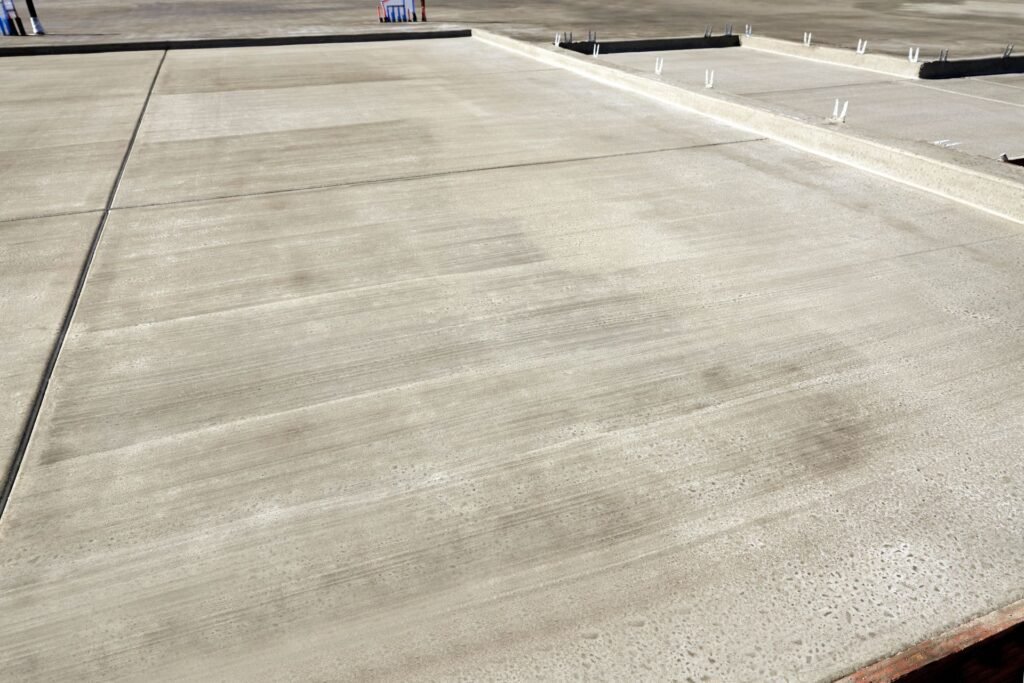
Pros And Cons Of A Concrete Slab Foundation
When deciding on the foundation type for a new home or building, a concrete slab foundation is a popular choice for many reasons. However, like any construction decision, it comes with its own set of advantages and disadvantages. Below, we explore the pros and cons of concrete slab foundations to help you make an informed decision.
Pros of a Concrete Slab Foundation
1. Durability and Longevity
Concrete slab foundations are known for their exceptional durability and long lifespan. When properly constructed, they can withstand significant weight and pressure, making them ideal for both residential and commercial buildings. Their solid structure helps them resist shifting, settling, and other forms of structural damage over time, ensuring a stable base for your property for decades.
2. Pest Resistance
One of the major advantages of a concrete slab foundation is its resistance to pests. Unlike crawl spaces or basements, which can be inviting to termites, rodents, and other pests, a concrete slab creates a solid barrier between the ground and the building. This minimizes the risk of infestations that can cause damage to the structure and require costly extermination and repairs.
3. Energy Efficiency
Concrete slabs are known for their thermal mass properties, meaning they can absorb and store heat during the day and slowly release it at night. This natural regulation of temperature can help maintain a comfortable indoor environment, reducing the need for heating and cooling. As a result, homeowners can enjoy lower energy bills, making concrete slabs an energy-efficient choice in the long term.
4. Lower Initial Cost
Compared to other foundation types like basements or crawl spaces, concrete slabs are often more cost-effective to install. The construction process is relatively straightforward, requiring fewer materials and less labor. This can lead to significant savings, especially for budget-conscious homeowners or developers looking to minimize initial costs without sacrificing stability.
Cons of a Concrete Slab Foundation
1. Limited Access to Plumbing and Wiring (Post-Construction)
One of the primary drawbacks of a concrete slab foundation is the limited access to plumbing and electrical systems once the slab is poured. Since these systems are typically embedded within the concrete, any repairs or modifications can be challenging and expensive. Homeowners may need to break through the slab to access the pipes or wiring, which can lead to extensive disruption and added costs.
2. Potential for Cracking
Concrete slabs, while durable, are not immune to cracking. Several factors can contribute to cracks, including soil movement, temperature fluctuations, and improper curing during the construction process. Over time, these cracks can worsen, potentially compromising the foundation’s integrity. Although minor cracks can be repaired, severe damage may require more extensive intervention, such as slab jacking or even replacement in extreme cases.
3. Not Suitable for All Soil Types or Areas Prone to Flooding
Concrete slab foundations are not ideal for every location. In areas with expansive or unstable soils, the slab may shift or crack due to the soil’s movement. Additionally, concrete slabs are not recommended for regions prone to flooding or areas with high water tables, as they are more susceptible to moisture-related issues. Water intrusion can lead to mold, mildew, and other problems that can be costly to address.
Concrete slab foundations offer a range of benefits, from durability and pest resistance to energy efficiency and cost savings. However, they also come with certain limitations, such as restricted access to utilities and potential vulnerability to cracking. Understanding these pros and cons is crucial when deciding if a concrete slab foundation is the right choice for your building project. By considering factors like your location, soil type, and long-term maintenance needs, you can make an informed decision that balances both the strengths and weaknesses of this foundation type.

Tips For Budgeting And Reducing Costs
When embarking on a construction project, managing costs is crucial. Without careful planning, expenses can quickly spiral out of control. Here are some practical tips for budgeting and reducing costs to help keep your project on track financially.
Get Multiple Quotes
One of the smartest steps you can take is to gather quotes from multiple contractors. This allows you to compare prices and understand the going rate for your project. Don’t just settle for the first bid that comes your way. Instead, take the time to meet with several contractors, ask detailed questions, and evaluate their proposals. This process not only helps you find a fair price but also gives you a better understanding of what each contractor is offering. Remember, the cheapest option isn’t always the best; consider the balance between cost, quality, and reputation.
Plan Ahead
Early and thorough planning is essential to avoid costly changes down the line. When you have a clear vision of your project from the start, you reduce the risk of making expensive alterations midway. Last-minute changes can disrupt schedules and lead to additional expenses for materials and labor. By planning ahead, you ensure that all elements of the project are aligned from the beginning, helping you stay within budget. Consider every detail—design, materials, timelines, and potential obstacles—before the work begins to minimize surprises.
Consider DIY Site Preparation
Not all aspects of your project require professional help. If you’re comfortable with a bit of manual labor, consider handling some of the site preparation tasks yourself. Tasks like clearing debris, leveling the ground, or setting up temporary fencing can often be done without specialized skills. This approach can save you money on labor costs, leaving more of your budget for the technical aspects that do require professional expertise. However, be realistic about what you can accomplish to avoid mistakes that might cost more to fix later.
Opt for Standard Slab Designs
Customization often comes with a hefty price tag. While a custom slab might seem appealing, sticking to standard slab designs can significantly reduce costs. Standard designs are typically easier and quicker for contractors to execute, which translates to lower labor and material expenses. Unless there’s a compelling reason for a custom design, it’s wise to choose a standard option that meets your needs. This decision doesn’t just save money; it also simplifies the construction process, reducing the likelihood of delays and unforeseen costs.
By applying these tips, you can better manage your budget and keep your project on track financially. Smart choices and careful planning are key to avoiding unnecessary expenses and ensuring that your construction project is both successful and cost-effective.
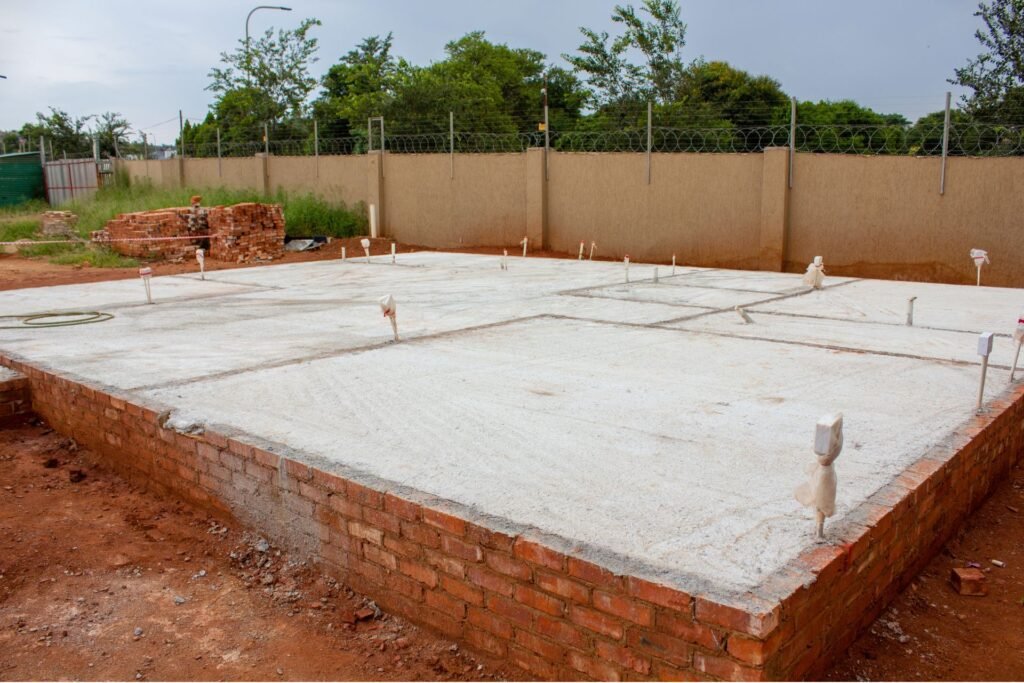
FAQs: About Concrete Slab Foundation Cost NZ
What is the average cost of a concrete slab foundation in New Zealand?
On average, the cost of a concrete slab foundation in New Zealand ranges from $100 to $150 per square meter. For a typical residential project, this translates to a total cost between $15,000 and $30,000, depending on factors such as slab thickness, site preparation, and the type of concrete used.
What factors influence the cost of a concrete slab foundation?
Several factors influence the cost, including the size and thickness of the slab, site preparation (such as excavation and leveling), the type of concrete used, the location within New Zealand, local labor costs, and any additional requirements like reinforcement or insulation.
How does location within New Zealand affect the cost?
The cost can vary significantly based on location. Urban areas, where demand and labor costs are higher, may have higher prices compared to rural areas. Additionally, remote locations might incur extra transportation costs for materials and labor.
Are there different types of concrete slabs, and do they affect the cost?
Yes, there are different types of concrete slabs, such as waffle slabs and raft slabs. Each type has its specific cost implications. For example, a waffle slab might be more cost-effective for certain soil types, while a raft slab might be required in areas with poor soil conditions, which can increase the overall cost.
What additional costs should I consider when planning a concrete slab foundation?
In addition to the slab itself, consider costs for drainage, plumbing, and electrical conduits that need to be installed before pouring the slab. Permits, site preparation, and potential soil testing are other costs that can add to your budget.
How long does it take to install a concrete slab foundation?
The time to install a concrete slab foundation typically ranges from a few days to a couple of weeks, depending on the size and complexity of the project, weather conditions, and site preparation requirements. This timeline includes excavation, pouring, curing, and finishing the slab.
Can I extend an existing concrete slab foundation?
Yes, it is possible to extend an existing concrete slab foundation, but it requires careful planning and professional execution to ensure the new section integrates seamlessly with the old one. Costs will vary depending on the extent of the extension and any necessary reinforcement.
What should I do if my site has poor ground conditions?
If your site has poor ground conditions, you may need additional site preparation, such as soil stabilization or the use of a specific type of slab foundation like a raft slab. These measures will increase the cost but are crucial for ensuring the stability and longevity of the foundation.
How does weather affect the cost and timing of a slab installation?
Weather can significantly impact both the cost and timing of a slab installation. Heavy rain, extreme cold, or high winds can delay the project, leading to increased labor costs. Proper planning and choosing the right season for construction can help mitigate these risks.
What are the pros and cons of a concrete slab foundation compared to other types of foundations?
Concrete slab foundations are durable, pest-resistant, and energy-efficient due to their thermal mass properties. They also have a lower initial cost compared to other foundation types. However, they offer limited access to plumbing and wiring after construction, can crack if not properly installed, and may not be suitable for all soil types or areas prone to flooding.
Conclusion
In conclusion, understanding the factors that influence costs is crucial when planning your project, as it can vary widely based on materials, labor, and location. Typically, the average price range can be anticipated, but it’s essential to remember that every project is unique. To ensure you’re making informed decisions, it’s wise to consult with local professionals who can provide tailored quotes that reflect the specifics of your needs. For the best results, don’t hesitate to reach out to a trusted contractor for a personalized consultation or to address any further questions you may have. Taking these steps will help you achieve the quality and value you’re aiming for.
About the Author:
Mike Veail is a recognized digital marketing expert with over 6 years of experience in helping tradespeople and small businesses thrive online. A former quantity surveyor, Mike combines deep industry knowledge with hands-on expertise in SEO and Google Ads. His marketing strategies are tailored to the specific needs of the trades sector, helping businesses increase visibility and generate more leads through proven, ethical methods.
Mike has successfully partnered with numerous companies, establishing a track record of delivering measurable results. His work has been featured across various platforms that showcase his expertise in lead generation and online marketing for the trades sector.
Learn more about Mike's experience and services at https://theleadguy.online or follow him on social media:

